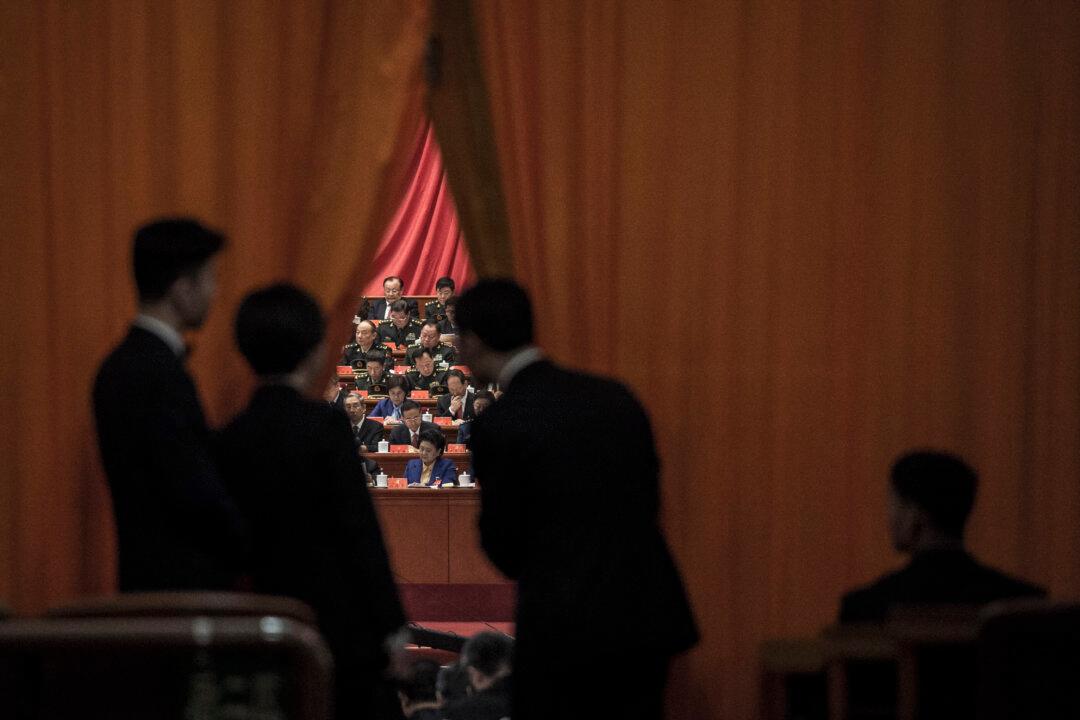News Analysis
A highly unusual personnel move in the upper ranks of the Chinese Communist Party (CCP) has observers pondering its significance and implications for the regime.

A highly unusual personnel move in the upper ranks of the Chinese Communist Party (CCP) has observers pondering its significance and implications for the regime.